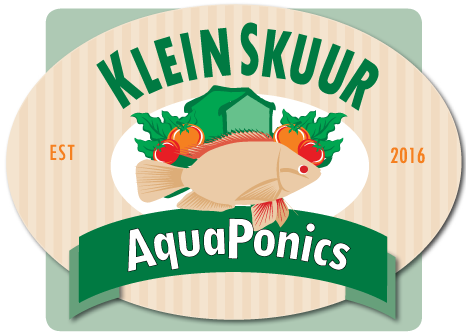A successful golf day was presented at the Waterkloof Golf Club on Thursday 17 February as part of a fundraising project of the Agri X Group and Kleinskuur Aquaponics to set up an aquaponic system at the President Kruger Children's Home in Villieria, Pretoria.
The system will help the Children's Home to become largely self-sufficient in providing healthy, fresh vegetables and fish to the 64 children and their caregivers.
The Agri X Group's involvement with the Children's Home forms part of this group's initiative to promote agricultural community development. Koos Nel, CEO of the Agri X Group, is a well-known creative thinker and his dream is to make a difference through business development in the agricultural value chain.
The company's value system is enhanced by the group's strong focus on networking and the creation of platforms to support groups and agricultural projects, such as the project to make the President Kruger Children's Home self-sustaining.
Collaboration between the Agri X Group and Colin and Annemarie Bremner of Kleinskuur Aquaponics, led to the creation of a fund in which all the money needed for the installation of the aquaponic system can be paid in. The Golf Day was the first fundraising- project and a second golf day will be held in May 2022.
The total amount required is R470 000. After the golf day, the first R125 000 was paid into the account and many new friendships were formed with the promise of further support.
The Covid-19 restrictions had a major negative effect on the Children's Home's support from the corporate community. The usual annual projects for the benefit of the Children's Home, such as music concerts, ladies' teas and other functions could also not take place and this has led to serious financial shortfalls in the past two years' budgets. The state's social funding is volatile and un-reliable and the Children's Home had to urgently consider alternative options to become self-sufficient in the production of fresh produce for healthy and nutritious meals.
The installation of the aquaponic system is multi-purpose. It will enable the Children’s Home to meet the daily need for fresh produce and sell the surplus produce to cover the operating costs of the system. Profits made by adding value to products can be used for other needs of the children such as the purchase of sportswear and equipment.
The system will, under the supervision of Kleinskuur Aquaponics, be maintained and operated by the Children's Home itself and also contribute to the children's understanding of business development, discipline and responsibility. It also provides therapeutic value and in-service training for career opportunities in agriculture.
The Agri X Group will, in collaboration with Kleinskuur Aquaponics, support the Chirldren’s Home to register a business for ownership of the system, establish a brand and design labels for the packaging and sales of fresh produce. Product development and value addition will also be encouraged by, for example, making sauces, pestos and packaged meals that can be sold for additional income.
Kleinskuur Aquaponics regards the project as an example that can be rolled out to other institutions.
The Agri X Group supports Kleinskuur Aquaponics in the pilot project at the President Kruger Home with a view to expanding the system to schools, churches and institutions in need of the production of fresh produce for the distribution of food among needy communities in the service areas.

Kleinskuur Boerdery Aquaponics
Kleinskuur Boerdery Aquaponics was founded in 2016 with the dream of developing an aquaponic system for Africa and setting it up all over the continent. The Kleinskuur system is robust and an imitation of a natural river system. It is cost effective with little maintenance and uses the sun's growth force, gravity for the flow and water and geothermal heating and cooling of water to create the optimal conditions for the fish and vegetables.
Waste products from the fish are converted by good, aerobic bacteria into the nutrients the plants need and in turn the plants purify the water that goes back to the fish.
The systems have a small footprint, require relatively little electrical power (they can be powered by solar and wind power) and can be set up on any land that is not normally suitable for agriculture.














